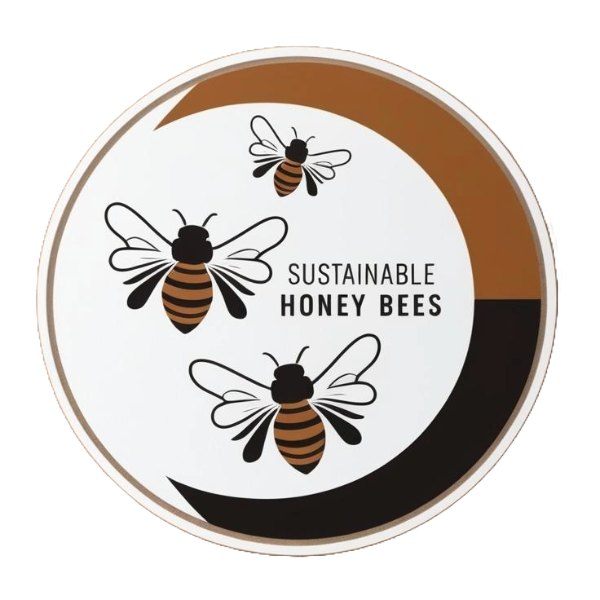Challenging the Status Quo. Restoring Resilience. Protecting the Future.
Why Change Is Urgent
Conventional beekeeping has created a system that is high-intervention, import-reliant, and increasingly unsustainable – for both honey bees and beekeepers. Despite decades of technical fixes, core problems remain unresolved or are worsening.
Sustainable Honey Bees CIC exists to confront these issues head-on.
We work to address the root causes, not just the symptoms – and to offer realistic, ethical, and ecological alternatives.
Core Issues We’re Tackling
1. The Problem with Imports
Each year, thousands of honey bee queens and colonies are imported into the UK from across Europe and beyond.
This ongoing trade:
- Disrupts local adaptation and genetic stability
- Increases hybridisation and loss of Apis mellifera mellifera traits
- Creates dependency on external breeding systems
- Increases disease and parasite risks
- Undermines efforts to build resilient, regionally adapted bee populations
Our position:
We call for a phased end to honey bee imports. We support and facilitate locally adapted breeding efforts – region by region – to create sustainable, resilient stock for the long term.
2. Genetic Instability and Loss of Adaptation
Most UK bees today are hybrids – the result of decades of cross-subspecies breeding and unregulated imports. This genetic instability undermines colony coherence, behavioural predictability, and environmental fit.
- Hybrids often exhibit high requeening and swarming rates
- Genetic traits are diluted with every new import
- Local adaptation is lost before it can be restored
Our solution:
We promote genetically stable, regionally adapted honey bee populations – especially the native A. m. mellifera. We support voluntary conservation areas, community breeding networks, and practical tools to enable transition.
3. Environmental Degradation
Modern land use – from monocultures to pesticide-heavy farming – has severely reduced the quality of forage and nesting environments for all pollinators, including honey bees.
- Seasonal dearths and poor nutrition weaken colonies
- Pesticide exposure interacts with disease vulnerability
- Habitat fragmentation increases stress and drift
Our approach:
We work with partners to promote forage-rich, diverse, and pesticide-free landscapes. We see beekeepers as potential stewards of local ecosystems – and work to equip them accordingly.
4. Unethical and Unsustainable Management Practices
Many common practices in conventional beekeeping actively undermine bee health and welfare:
- Routine prophylactic treatment with chemicals
- Regular artificial requeening with imported stock
- Frequent sugar syrup and pollen substitute feeding
- High-density apiary placement
- Queen clipping, wing trimming, and excessive manipulation
Our position:
We advocate for bee-centred management grounded in natural processes, not chemical dependence. This includes:
- A move to treatment-free systems
- Respect for natural colony cycles
- Intervention only when necessary, and always with welfare as the priority
5. A Broken Business Model
Commercial beekeeping is under pressure. Cheap imports, honey adulteration, and escalating costs make long-term viability difficult.
The conventional model often requires:
- High turnover of colonies
- Dependence on imported queens
- Reliance on chemical controls and feeding
Our vision:
We are working with commercial beekeepers to co-develop sustainable business models based on:
- Local breeding
- Ethical honey production
- Reduced inputs
- Premium pricing through traceability and trust
6. A Lack of Independent Leadership
The UK beekeeping sector is dominated by voices defending the status quo – even when the evidence shows it’s not working. Many organisations remain resistant to change.
We believe it’s time to offer an alternative.
Sustainable Honey Bees CIC and the Sustainable Beekeeping Network aim to provide the leadership, evidence, and collaboration space needed to build momentum for real change – from the ground up.
